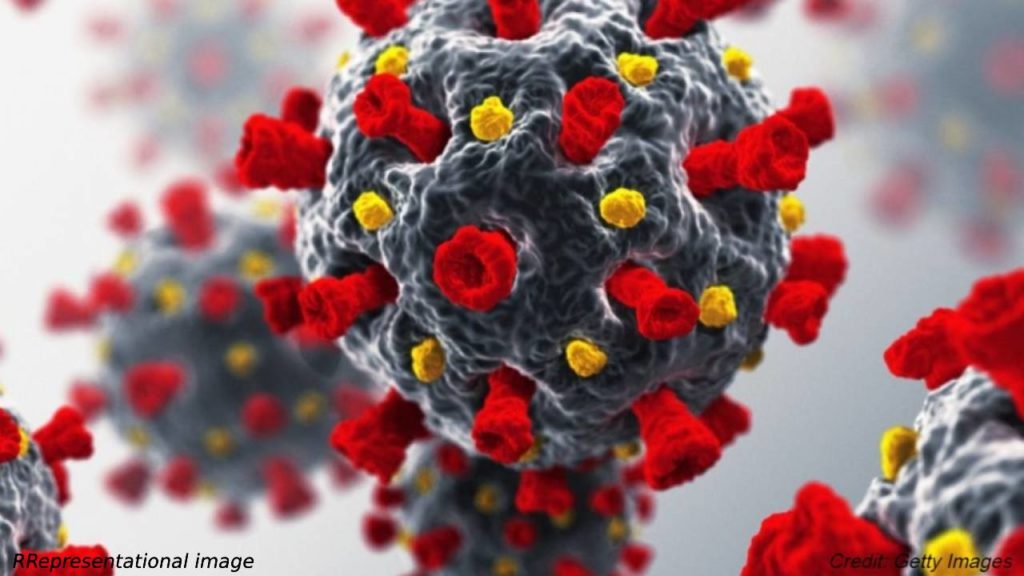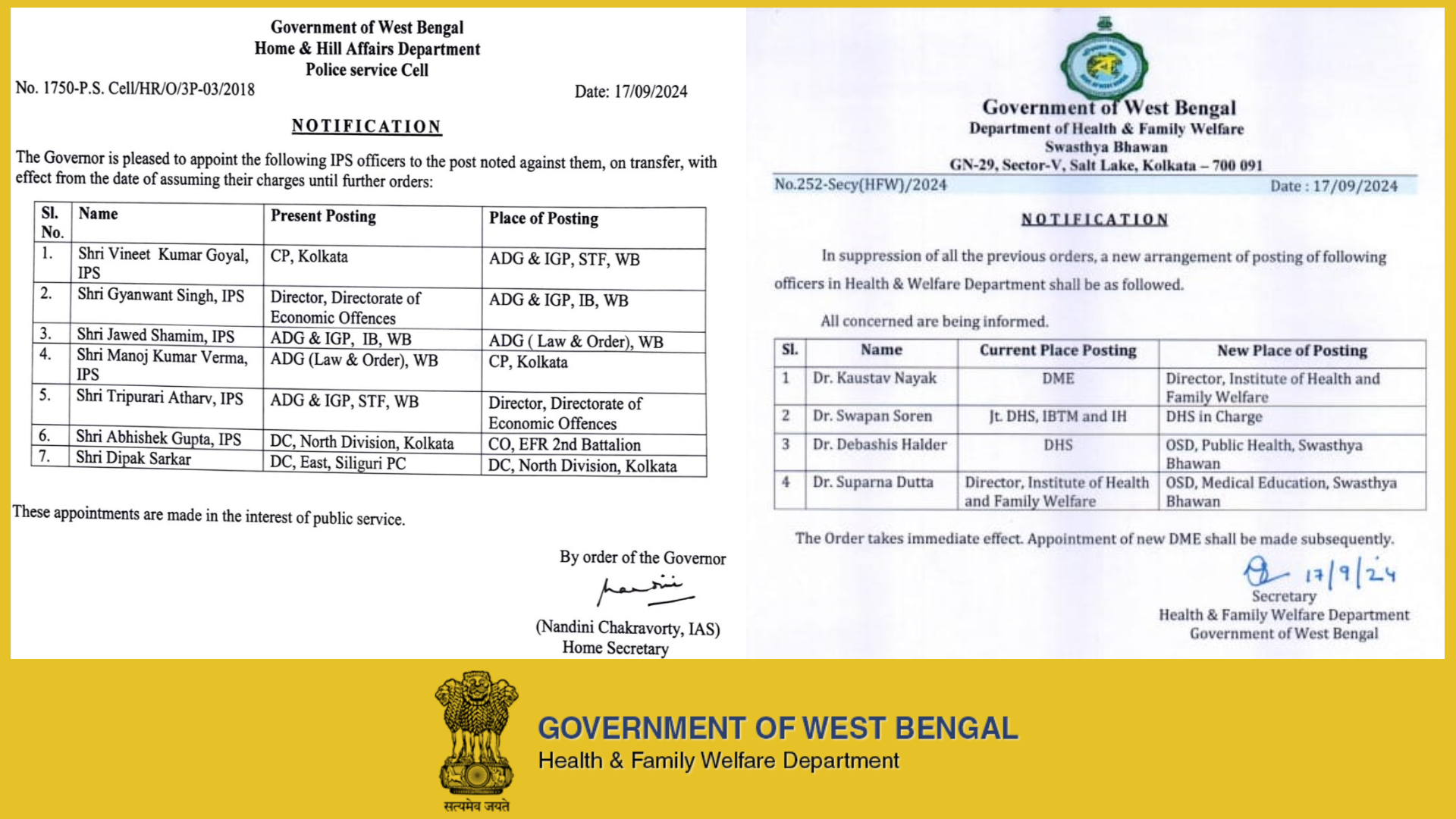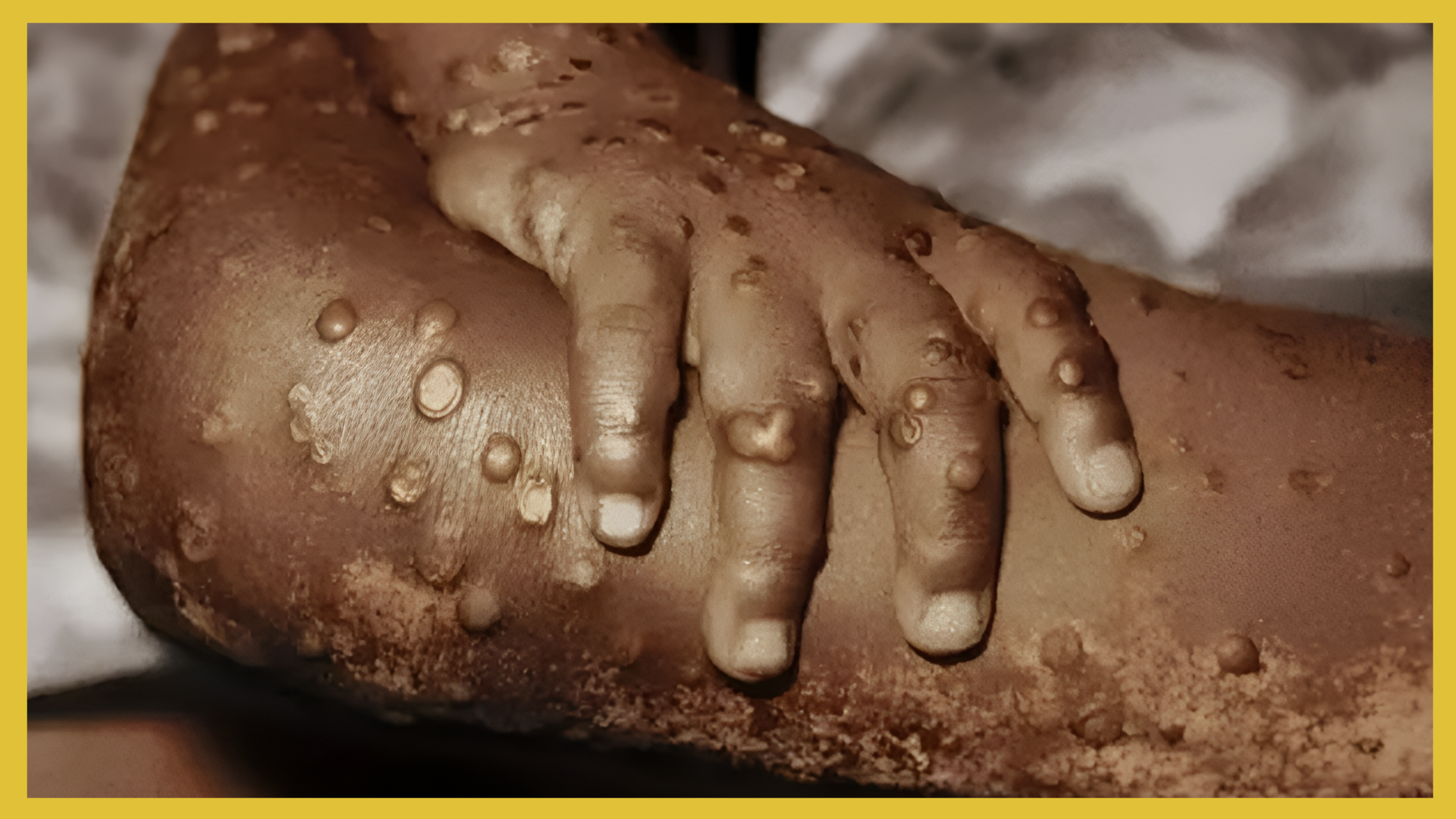Evolution of SARS-CoV-2 into a variant of concern documented for the first time—valuable for future vaccination, treatment strategies

Since the global spread of the novel coronavirus (SARS-CoV-2) started in early 2020, the virus has acquired many genetic mutations, leading to many ‘variants of concern’ (term used by the World Health Organisation or WHO) such as the delta or omicron that have fuelled fresh worldwide surges.
Now, virologist Sissy Therese Sonnleitner in Austria and her colleagues (from institutions in Austria and Germany) have documented for the first time the step-by-step chronological evolution of an inconspicuous SARS-CoV-2 strain into a variant with 50 per cent mutations shared by omicron—over a period of seven months in a single patient.
Overall, 76 per cent of all mutations (numbering 15), which included 88 per cent of the mutations on a key spike protein—which the virus uses to enter human cells—in the patient were common with those observed in other variants of concern, mainly in either alpha that emerged in late 2020 or omicron that emerged in late 2021.
“As far as we know, this study is the first to demonstrate step-by-step chronological development of an inconspicuous SARS-CoV-2 into a variant that shares 50 per cent mutations with omicron,” Sonnleitner told The Telegraph through email.
Sonnleitner and her co-workers on Monday, March 7 posted a paper—which is yet to be peer-reviewed—describing their findings on medRxiv, an online archive for research papers.
The mutations were observed in a patient who had first tested positive for COVID-19 in November 2020 and then continued to shed the virus for around seven months, allowing scientists the unique opportunity to isolate the sequence each time she tested positive
The patient had been diagnosed with lymphoma in 2015 and received chemotherapy to treat it. The researchers believe that either the lymphoma or the chemotherapy had contributed to an immunocompromised status that led to this prolonged viral shedding.
Most patients infected with SARS-CoV-2 eliminate the virus days after the onset of symptoms.
The study “gives good indications as to which conditions must be present for a variant of concern to develop”, Sonnleitner said, and also underlines the importance of protecting patients with compromised immunity from COVID-19.
Equally importantly, the study highlights the specific sets of mutations that give the virus an advantage, which could serve as targets for future vaccination and treatment strategies.
The variant that the European researchers watched emerge didn’t get a chance to spread; Sonnleitner said she and her colleagues believe this was the case because the patient was tested early and kept under quarantine for long periods. The patient was finally able to eliminate the infection







